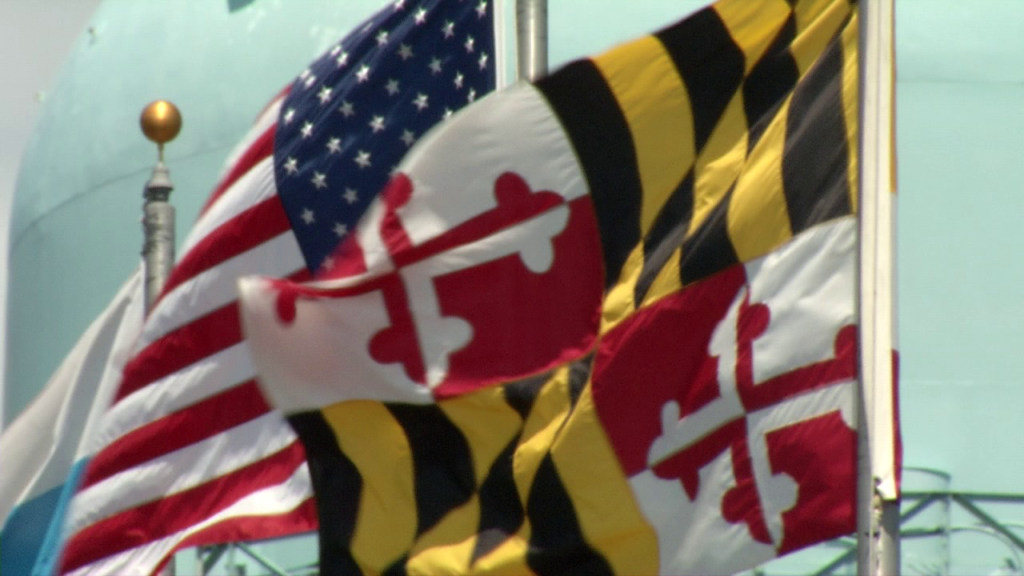Delaware officially passes Energy Solutions Act
Senate Bill 265
DELAWARE – The Delaware House of Representatives passed Senate Bill 265 on June 30th, 2024. The legislation focuses on transitioning to new, carbon-free energy sources.
Offshore wind on Delaware has been met with strong mixed opinions over the past few months. This bill would implement a framework for Delaware to procure offshore wind to reduce greenhouse emissions. Agencies who support the bill and say despite the pushback, this is a win for Delaware.
The Energy Solutions Act is a path towards a cleaner greener energy future for Delaware, according to Nature Conservancy’s Emily Knearl. “We were the only state from North Carolina to Maine, that didn’t have an offshore wind procurement framework… So, the reason we need clean energy, is so that we can reduce the amount of fossil fuels in the atmosphere and reduce the potential impacts of climate change.”
Knearl says this step is extremely important when building partnerships with regional states. “There are opportunities for us to partner together, even with larger states, Maryland, New Jersey, Pennsylvania, and Virginia to buy offshore wind as a group… And if you buy offshore wind as a group, there’s the opportunity to spread costs across multiple states. “Even with this bill passing, Knearl says, wind power in the First State is still a long way off. “This bill is just step one, getting turbines to actually run will be a multiyear process, and part of multiple conversations.”
Dustyn Thompson is the Director of Delaware’s Sierra Club. He agrees with Knearl, and says this is a way to tie energy resources all together. “What this legislation did, it not only helps us with offshore wind in Delaware, but it helps out with offshore wind and renewable generation in the region more broadly by drawing interconnection reform,” Thompson said. “In terms of a project coming online, assuming that the solicitation is successful, you’re looking more like 2030, 2031.”
The Nature Conservancy says they support offshore wind but with a few caveats. They require data collection, and mitigation and conservation strategies, as part of any offshore wind policies so this way they can make sure there are minimal impacts on the environment.
The organization says they are extremely grateful to all the agencies who supported this bill, and it couldn’t have been done without a team effort. The bill now heads to the Governor’s office, where it is expected to be signed into law.


